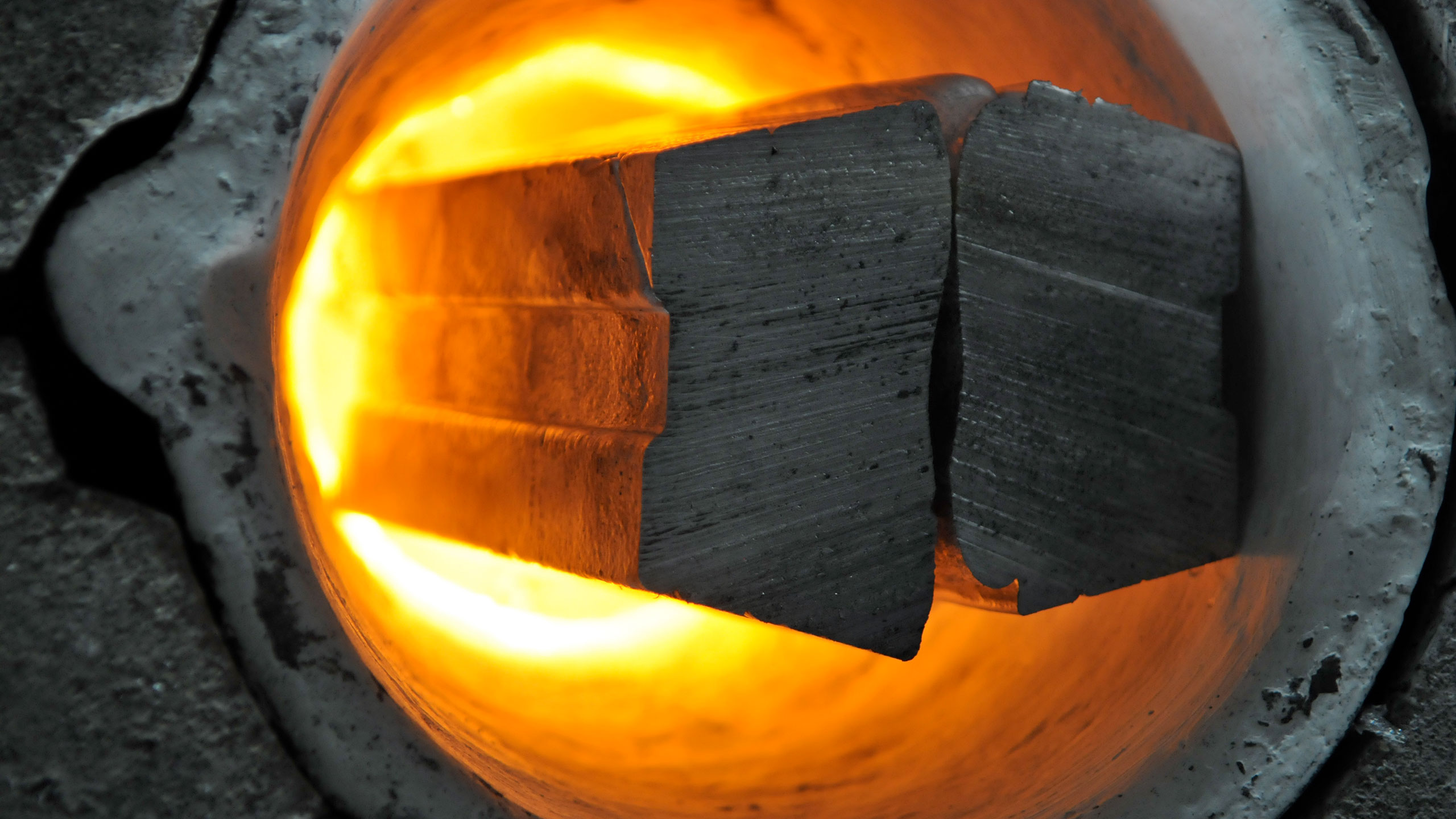With this sub-project, TRIMET is pursuing the goal of gaining a fundamental understanding of the relevant interactions between process parameters and their effects on the technological properties of secondary materials along the entire process chain. In addition to TRIMET, the companies Borbet and Jordan Spritzgusstechnik, along with the Fraunhofer IGCV Research Institute, are the partners involved in “SUPA-Wheel”. The project, which will run until the end of 2025, is being funded by the German Federal Ministry for Economic Affairs and Climate Protection with resources from the Lightweight Construction Technology Transfer Program.
Alloys with a high level of recycled content
When it comes to materials that meet sustainability requirements, TRIMET has extensive experience. For example, the company’s Research and Development department develops recyclable alloy variants of commercially available primary alloys. This ensures that the new alloys maintain properties that are not significantly different from their primary metal counterparts. This applies across sectors to structural components and frames used in machine engineering, window and door profiles in the construction sector, conductors in the energy industry, structural components used in wind power and photovoltaic plants, as well as bumpers and battery boxes in vehicle manufacturing. Examples of sustainable material alternatives are the wrought alloys trimal-52 and trimal-53, which combine maximum strength and corrosion resistance with the crash suitability required for use in structural components.
In addition to standard materials, the company develops special alloys for specific applications in close cooperation with its customers. The latest computer-aided simulation technology is available for this purpose, including the CALPHAD method and a casting/solidification simulation based on the finite element method, as well as laboratory equipment enabling mechanical tests, microstructure investigations (Opt.-mic., SEM, XRD) and the determination of electrical and chemical corrosion properties. In addition, there are several miniature smelting and heat treatment units for formats from five to 40 kilograms, as well as a test casting facility on a near-production scale. This enables TRIMET to cast special alloys in trial quantities of up to five tons in exactly the same geometries that processors use under real conditions in their production systems.
